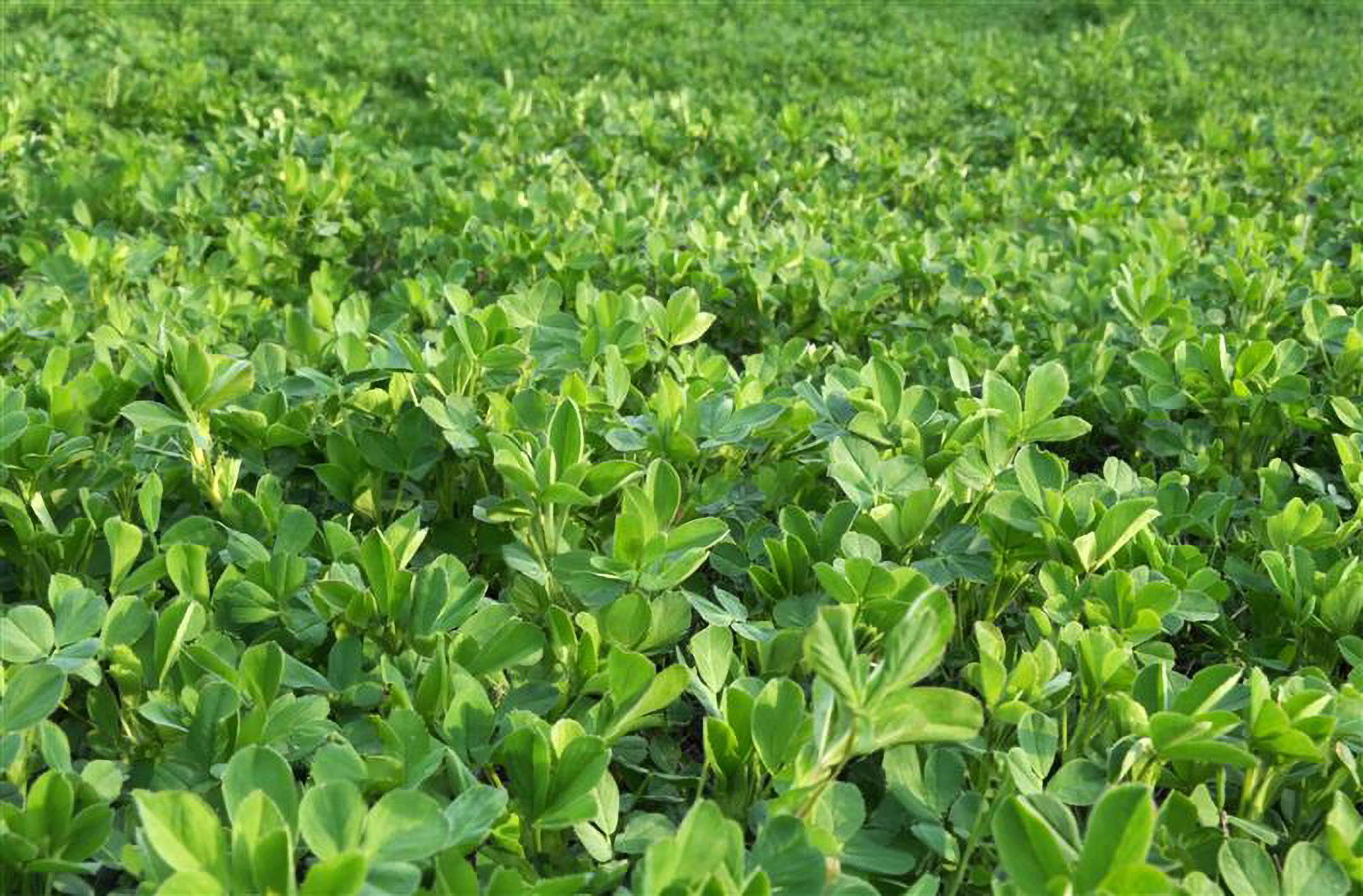

Food for thought: why vegan pet food could help save the planet
Plant-based diets have repeatedly been shown to lower environmental impacts. Studies show they lower greenhouse gas emissions (GHGs) and require less land and water. Food energy savings mean more people can be fed.
This has triggered many calls for dietary change. Rarely have those calls extended to our dogs and cats, but a major study just published in leading scientific journal PLOS ONE has demonstrated very large environmental benefits associated with nutritionally-sound vegan diets – for dogs and cats, as well as people.
After analyzing pet food ingredients in detail, as well as food consumed by people, Veterinary Professor Andrew Knight calculated that the world’s dogs and cats consume around 9% of all land animals killed for food, or around seven billion animals annually, as well as billions of fish and aquatic animals.
Professor Knight calculated that if all the world’s dogs went vegan, it would save more GHGs than all those emitted by the UK, land larger than Mexico, freshwater exceeding all renewable freshwater in Denmark, and would feed around 450 million additional people – more than the entire EU population.
If all the world’s cats went vegan, it would save more GHGs than all those emitted by New Zealand, land larger than Germany, freshwater exceeding all renewable freshwater in Jordan, and would feed around 70 million additional people – more than the entire UK population.
And if all the world’s people went vegan, it would save more GHGs than all those emitted by the entire EU, land larger than Russia (the world’s largest nation) combined with India, freshwater exceeding all renewable freshwater in Cuba, and would feed around 5.3 billion additional people – more than every single nation or collective region on Earth as defined by the World Bank (e.g., all low and middle income regions combined).
Until recently, such dietary change had not been seriously considered for dogs and cats – who are biologically omnivores and carnivores respectively.
In the past two years however, many new vegan pet foods have been developed by companies using plant-based ingredients supplemented with vitamins, amino acids and minerals, to ensure all necessary nutrients are included.
New studies have shown good health and behavioural outcomes for dogs and cats using such diets – there are now nine such studies in dogs, and three in cats. The most recent very large-scale study showed positive health outcomes in vegan cats.
These studies have driven a rapid growth in this sector. By 2023, the vegan dog food market was valued at US$14 billion and was expected to reach US$26 billion by 2033.
Veterinary Professor Knight, the study author said: “This study is game-changing. We’ve long known that plant-based diets are better for the planet, but have not seriously considered the impacts of pet food. “However, pet food has profound environmental impacts. Conversely, very large environmental benefits can be achieved by nutritionally-sound vegan pet food.
“Large-scale studies have also shown that health outcomes for both dogs and cats are as good or better. And studies of feeding behaviour have demonstrated that average dogs and cats enjoy vegan pet foods as much as those made from meat.”
He concluded: “Pet owners who care about the environment or their animals’ health should consider nutritionally-sound vegan pet food. However, to safeguard health, it is important that people feed only commercial diets labelled as nutritionally complete, produced by reputable companies with good standards.”
The research The relative benefits for environmental sustainability of vegan diets for dogs, cats and people has been published in PLOS ONE.
If you have any questions or would like to get in touch with us, please email info@futureofproteinproduction.com






